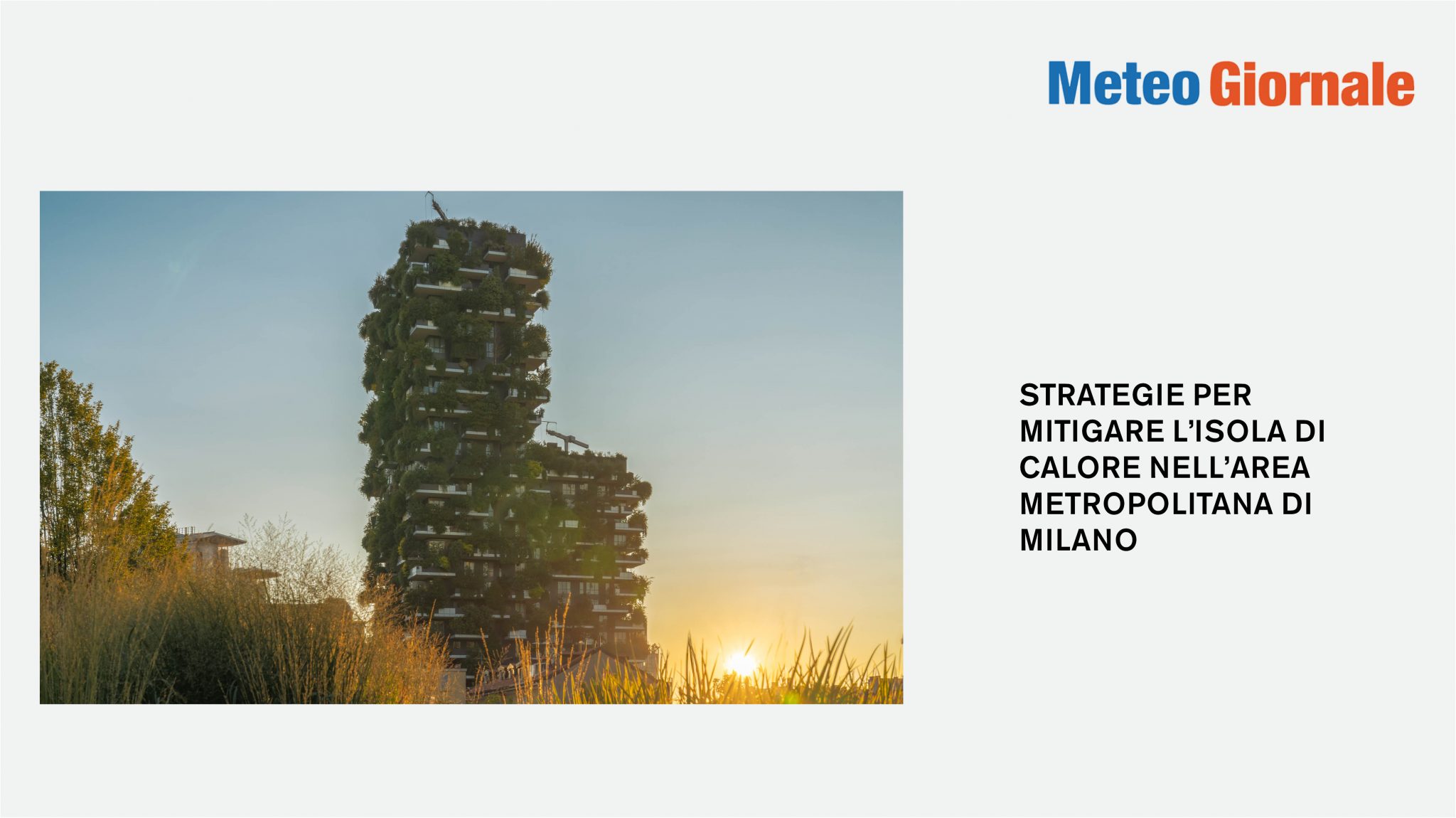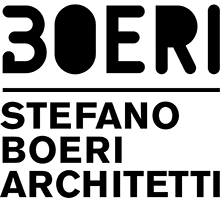
Meteo Giornale has published an article entitled Strategies to mitigate the heat island in the Milan metropolitan area, which shows how the adoption of nature-based solutions and intelligent architectural interventions can address the growing problem of heat in cities. The article includes the Vertical Forest (Boeri Studio) as a positive example.
Milan is among the European cities most affected by the phenomenon of the ‘urban heat island’, an effect that is particularly marked in areas of high building density where the combination of sealed soil, reflective concrete and lack of natural ventilation produces a constantly warmer microclimate.
The Vertical Forest in Milan is a prime example of sustainable green residential development, a metropolitan reforestation initiative that promotes environmental regeneration and urban biodiversity without increasing the city’s footprint.
The environmental benefits are numerous: the absorption of fine dust and CO2, the optimisation of water management, the reduction of noise pollution and the improvement of the quality of life for people, plants and animals.
As an urban anti-sprawl device, it is equivalent to an area of green cottages of approximately 75,000 square metres, but condensed onto an area of only 1.4 per cent of that size, with a significant saving of land.
The shading and evapotranspiration of the plants regulate the climatic conditions by reducing the humidity and lowering the surface temperature by up to 30°C, resulting in a reduction of energy consumption for indoor cooling, with a lowering of the temperature in the flats by 2-3°C.
To read the full article: https://www.meteogiornale.it/2025/05/cambiamento-climatico/strategie-per-mitigare-lisola-di-calore-nellarea-metropolitana-di-milano/
